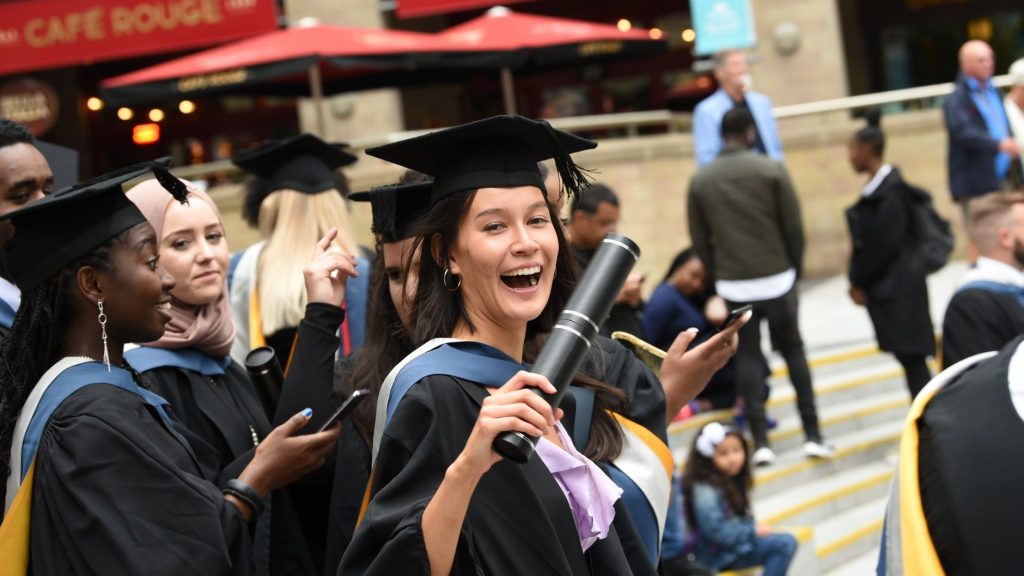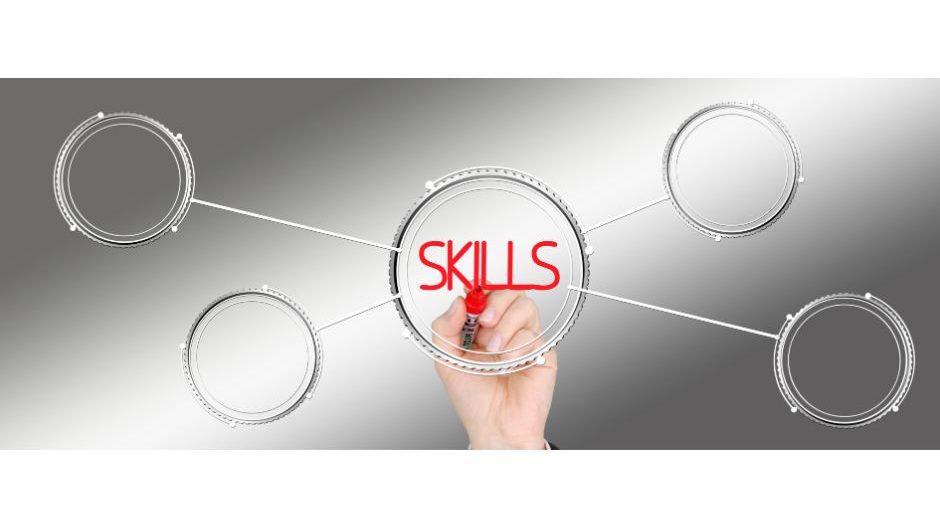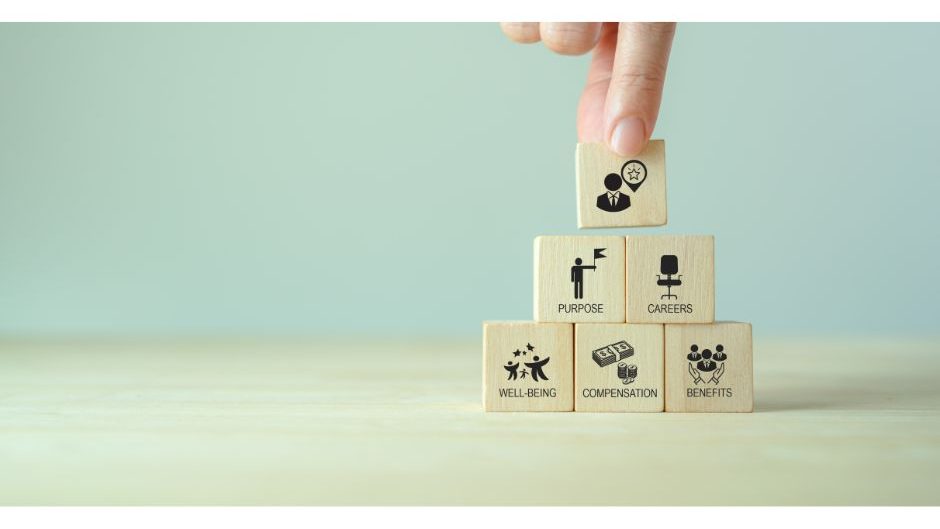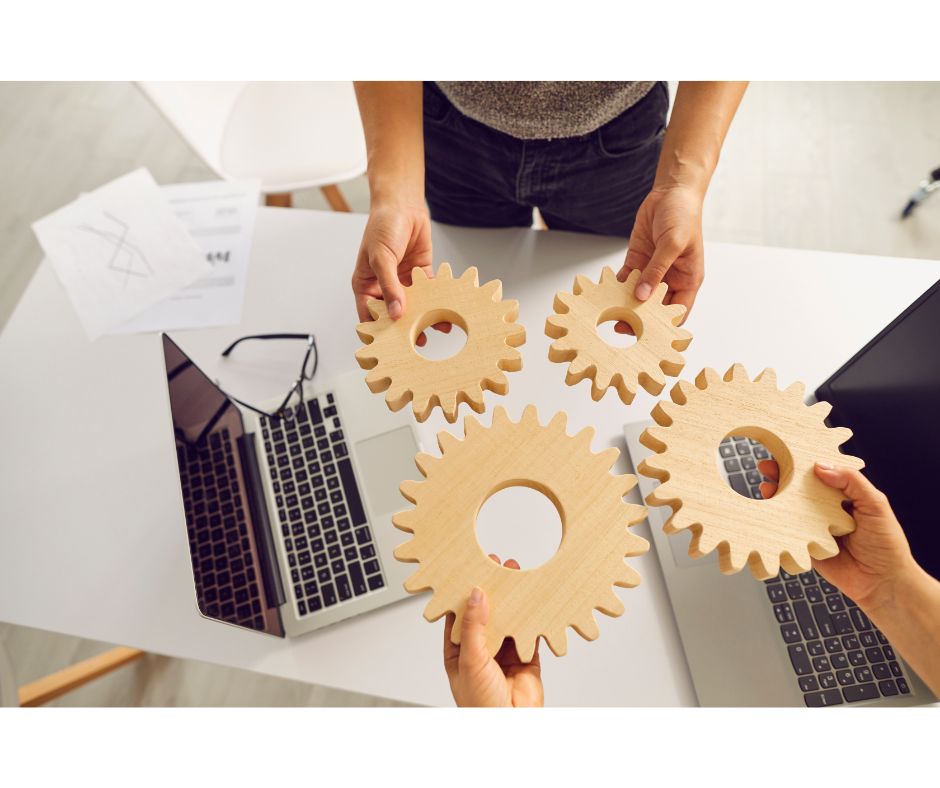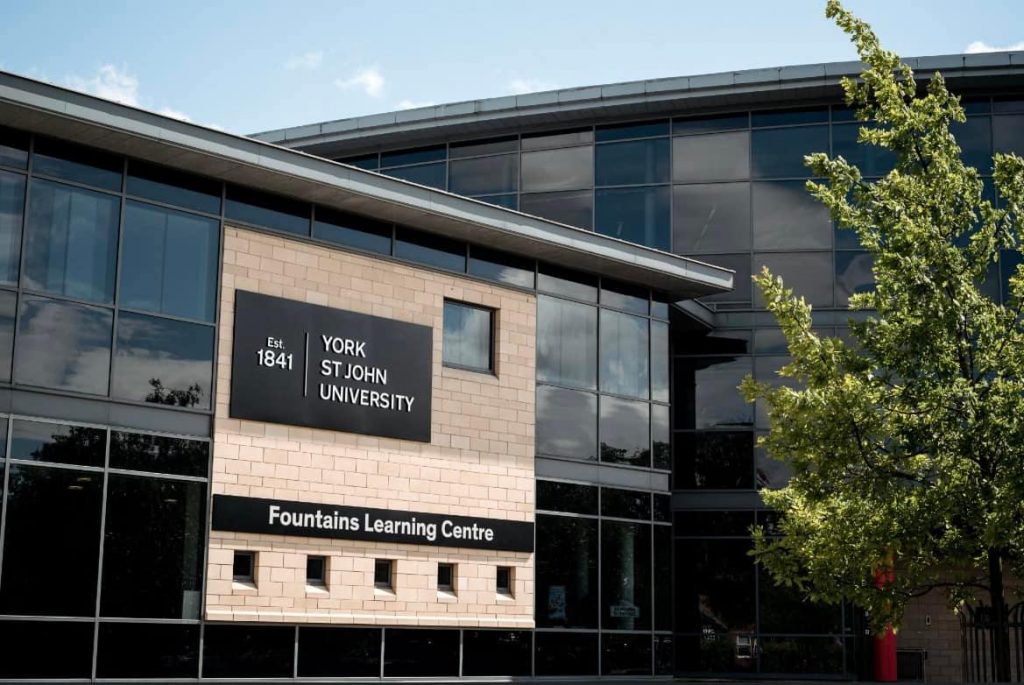Embarking on a higher education journey is a significant decision, and selecting the right institution is crucial. Robert Kennedy College (RKC) stands out as an excellent choice for online education for several compelling reasons. Here’s why enrolling in a program at RKC could be the right move for you:

Swiss Quality Education Online
RKC offers Swiss-quality education that is globally recognised. Committed to high standards, the college provides comprehensive and flexible programmes designed to meet various professional and personal development needs. You can rest assured that our programs are tailored to your needs. You can experience our online platform by requesting that your Education Advisor open a trial account. Additionally, you can chat with your Education Advisor live on WhatsApp.
Exclusive University Partnerships
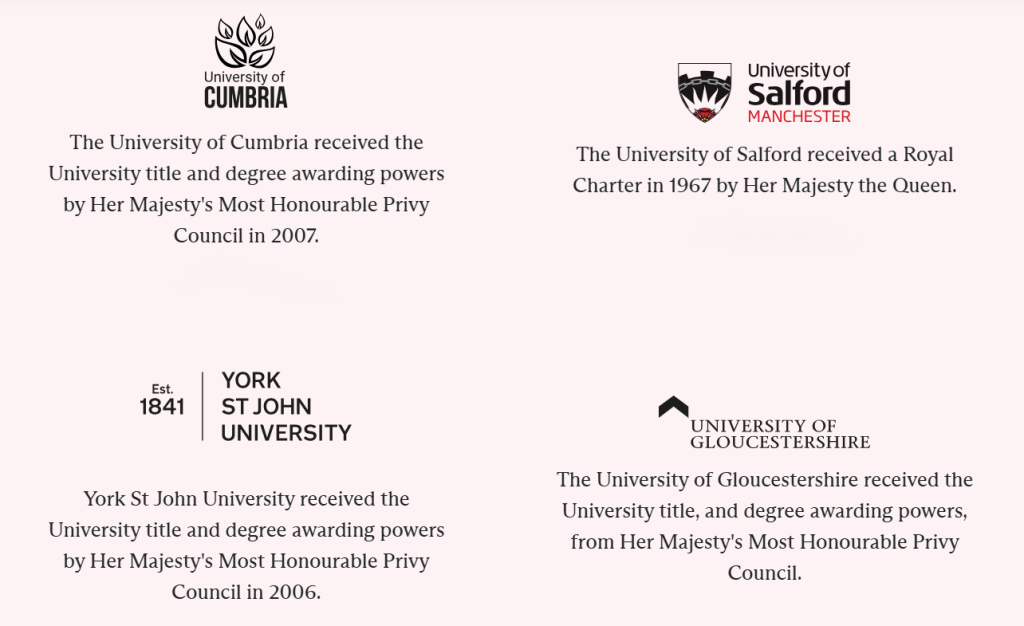
The college has exclusive partnerships with top UK universities – University of Cumbria, the University of Salford, York St. John University, and the University of Gloucestershire. These partnerships ensure that the programs are carefully designed to meet the changing demands of today’s dynamic industries.
University of Cumbria

The partnership between the University of Cumbria and Robert Kennedy College is a significant collaboration in online postgraduate education. Here are some key aspects of this partnership:
- Established in 2010, this partnership has been dedicated to delivering online graduate and postgraduate qualifications to managers worldwide. You can visit the university website for more information about the partnership.
- The programmes offered through this collaboration are unique and include BA, LLM, MBA, and MSc degrees.
- Each programme is delivered by Robert Kennedy College’s team of expert practitioners, which is complemented by a module delivered by the University of Cumbria.
- This partnership ensures students receive a globally recognised education combining Swiss quality with British tradition.
- With students from every continent, the programs offer a truly international experience and an opportunity to network with fellow leaders from all over the world.
- Robert Kennedy College offers twenty-two unique MBA programs through its exclusive partnership with the University of Cumbria Business School.
This collaboration reflects a commitment to providing comprehensive and flexible programs that adapt to students’ lifestyle and career objectives, ensuring they receive a high-quality education that is respected worldwide.
University of Salford

The partnership between the University of Salford and Robert Kennedy College is a strategic alliance that combines the strengths of both institutions to offer a range of master’s programs through online education. Here are some highlights of this partnership:
- Franchise Agreement: The University of Salford and RKC have a franchise agreement that allows RKC to deliver a selection of the university’s master’s programs online to a global audience. You can visit the university website for more information about the partnership.
- 100% Online Delivery: These programmes are delivered entirely online, making them accessible to applicants worldwide. The courses are presented online via video and supplemented by seminars and tutorials with RKC tutors.
- British Government Recognition: The degree awarded upon completion is recognised by the British government and duly listed on the United Kingdom’s Department for Education list of recognised UK awarding institutions. You can verify their official University status directly at the UK Government Website.
- Diverse Program Offerings: The partnership offers a variety of programmes, including LLM International Commercial Law, MSc Business Administration, MSc Digital Business, and many more, catering to different professional needs. Click here for more information on the programmes we offer.
- Real-World Application: The programmes are designed to be relevant and applicable to today’s business environment, helping students build strategies and gain knowledge that can be directly applied to their careers.
- Global Student Body: The partnership prides itself on having students from every continent, providing a diverse and international learning experience.
- Industry-Focused Education: The University of Salford Business School aims to excel as an industry-focused business school with a global outlook, known for exceptional applied knowledge creation and exchange.
- Exclusive Online Programmes: In our commitment to providing state-of-the-art services to students, we use cutting-edge software tailor-made for online course delivery. OnlineCampus is an all-encompassing interactive and easy-to-use software which makes studying online a truly enjoyable experience.
This partnership is a testament to the commitment of both institutions to provide quality education that is flexible, accessible, and aligned with the needs of the global marketplace.
York St John University
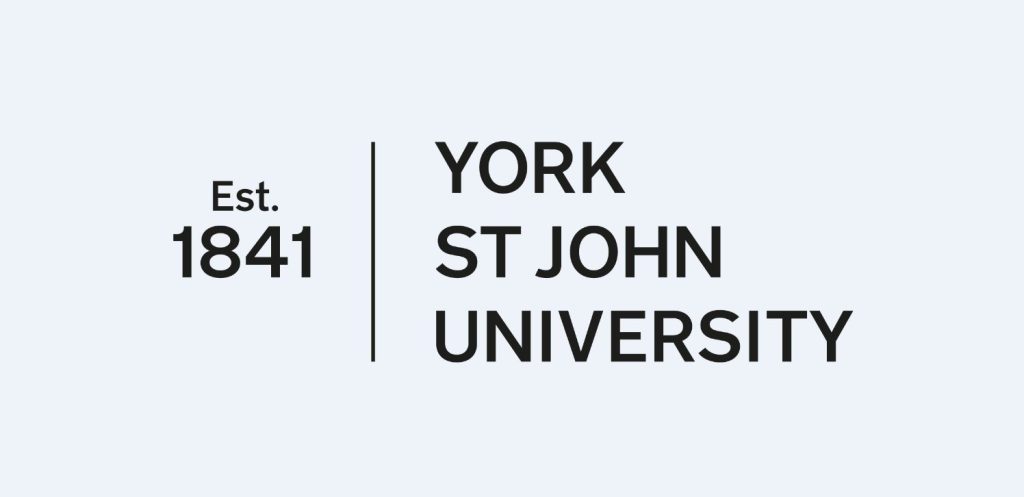
The partnership between York St John University and Robert Kennedy College is an exclusive collaboration that enhances the educational landscape by offering a range of online master’s programs. Here are some key points about this partnership:
- Exclusive Online Programmes: The partnership provides exclusive online master’s programmes, such as the 100% Online MBA, in various specialisations, such as Leading Innovation and Change, Coaching Mentoring and Leadership, Entrepreneurship and Innovation, Innovation Leadership and Consulting, and Leadership and Management.
- Global Recognition: The degrees offered through this partnership are recognised worldwide, ensuring graduates have qualifications that are respected and valued globally.
- Swiss Quality Education: Robert Kennedy College, based in Zürich, Switzerland, is known for its Swiss-quality online learning. The college has developed state-of-the-art online e-learning technology, which is used to deliver these programmes.
- Student-Centred Philosophy: The partnership emphasises a student-centred approach, where students are part of an online learning community engaged with faculty members and other students.
- Diverse and International: With over 5,000 students from 130 different countries, the programmes offer a truly international and diverse educational experience.
- Flexible and Tailored for Career Growth: The courses are designed to be flexible and prestigious, tailored to fit the career growth needs of the students.
This partnership between York St John University and Robert Kennedy College represents a commitment to providing quality education that is flexible, accessible, and aligned with the needs of the global job market.
University of Gloucestershire

The partnership between the University of Gloucestershire and Robert Kennedy College is a recent collaboration to provide an innovative and accessible academic pathway for students worldwide. Here are some key features of this partnership:
- Direct Entry to PhD: The Executive Diploma in Advanced Research offered by Robert Kennedy College provides a pathway to the University of Gloucestershire’s PhD program. Upon completing the diploma and passing an online interview, students can gain direct admission to the PhD program, focusing on dissertation writing.
- Worldwide Recognition: The PhD achieved through this collaboration is accredited by the British Government, ensuring the degree is recognised and respected.
- 100% Online Learning: The partnership offers the flexibility of online study, allowing students to balance their academic pursuits with personal and professional commitments.
- Personalised Mentorship: Students receive comprehensive support and guidance throughout their doctoral journey, ensuring a personalised educational experience.
- Diverse Specialisations: The programme offers a range of fields for specialisation, including Strategic and Digital Marketing, Law, Accounting, Business Strategy, and more, catering to various academic interests and career goals.
- Exclusive Fees for Alumni: RKC alums benefit from special tuition fees and convenient instalment options, making further education more accessible.
This partnership bridges the gap between rigorous academic research and practical, real-world application, providing a transformative educational experience that empowers students to become thought leaders and change-makers in their respective fields.
Wide Range of Programmes
Whether you’re interested in an MBA, MSc, BA, LL.M, or even a PhD, RKC has a programme for you. Specialisations range from Computer Science and International Business to Digital Marketing, Finance, Public Health Management, and more, providing diverse fields to advance your career. Click here for our programme catalogue.
Flexible Learning

RKC’s 100% online delivery model allows you to learn at your own pace and in your own space. This flexibility enables you to balance your personal life, professional goals, and academic growth seamlessly.
Fast-Track or Extended Study Options
The structure of RKC’s programmes is designed to accommodate your schedule. Depending on your needs, you can fast-track your degree completion to as little as one year or extend it up to five years.
Career Advancement

The programs at RKC are tailored for career growth. They are designed to equip you with the skills and knowledge required to excel in your field and to help you climb the professional ladder.
Innovative Learning Environment
RKC utilises the latest technology to deliver its courses, ensuring an engaging and interactive learning experience. The college’s innovative approach to online education sets it apart from traditional institutions. You can experience a limited part of this experience through our trial access; chat with your Education Advisor today on WhatsApp and request your trial access.
Supportive Academic Community
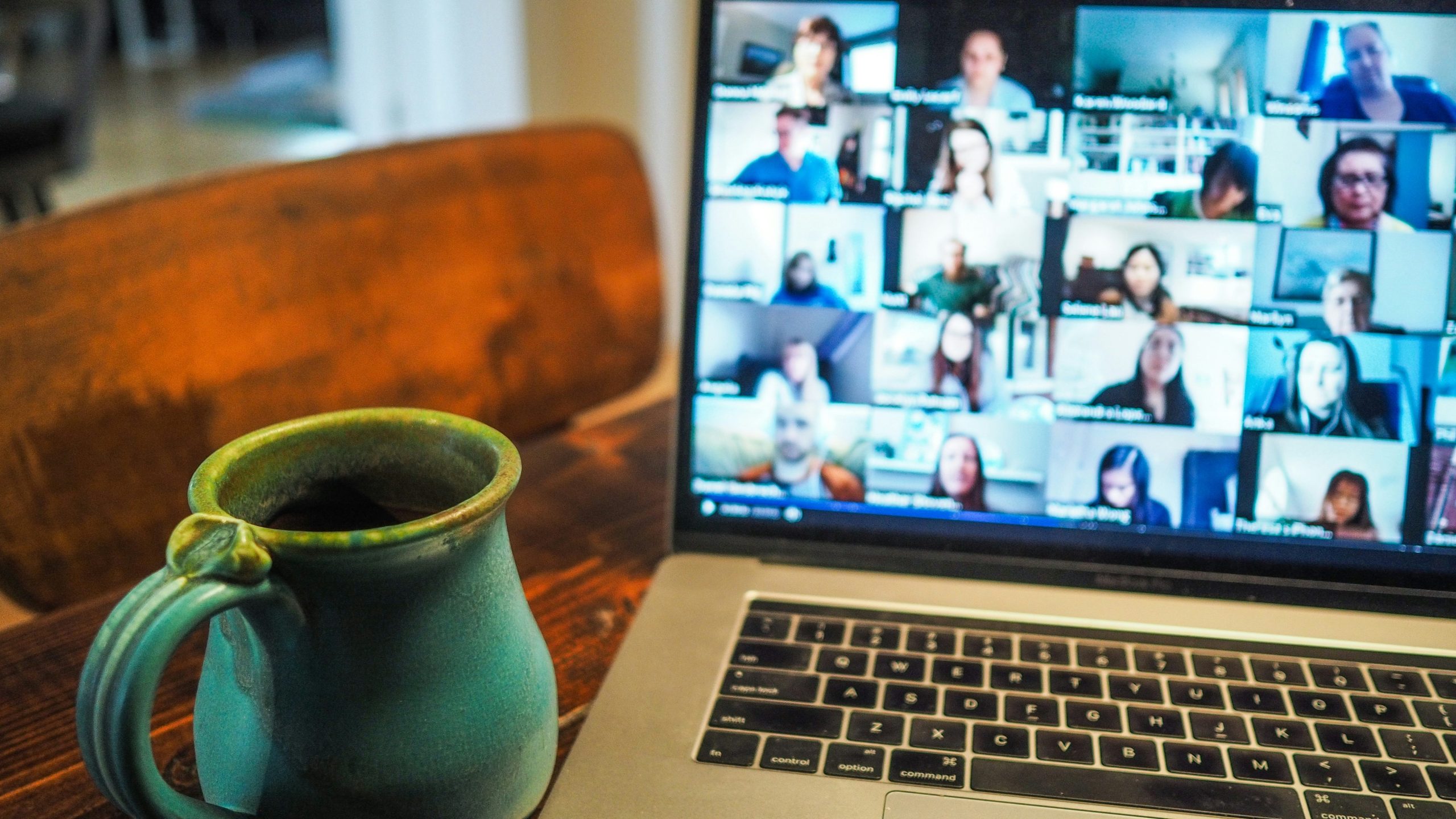
RKC boasts a supportive academic community. Students have access to experienced faculty and a network of peers from around the world, fostering a collaborative and enriching learning environment.
Robert Kennedy College offers a unique blend of Swiss-quality education, flexible learning options, and globally recognised degrees. Its partnership with top UK universities ensures that the programmes are relevant and up-to-date, preparing students for the challenges of the modern workplace. If you’re looking for an institution that values innovation, flexibility, and global recognition, RKC is an excellent choice for your academic and professional development.

Choosing RKC for your studies is not just about earning a degree; it’s about embarking on a journey that will transform your career and open doors to new opportunities. With its commitment to excellence and student success, Robert Kennedy College is where your future begins.
Click here to apply. There is no application fee, and applying doesn’t involve any commitment.


